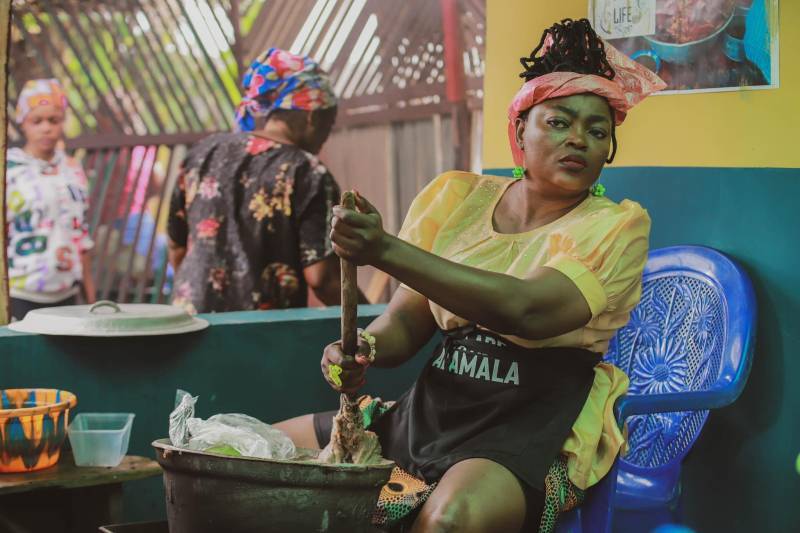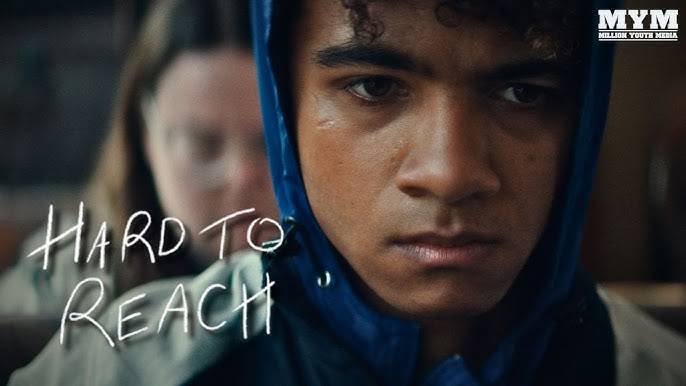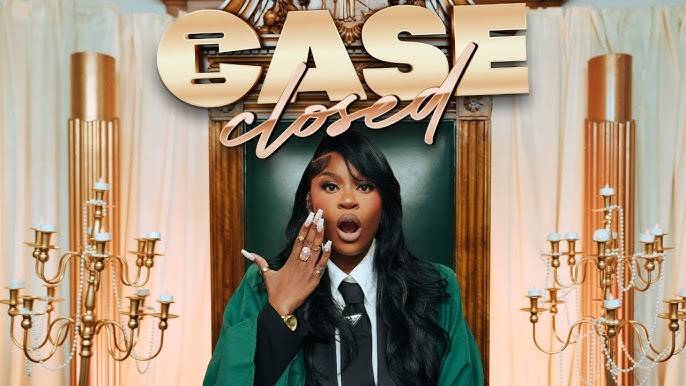Euphoria isn't without controversy. The main character, Rue (Zendaya), isn't having a genuinely Black experience, which is one of the most important but also problematic criticisms.
Some viewers were surprised that Leslie didn't resort to more intense violence as her terrified and disturbed daughter rampaged throughout the house after witnessing season two, episode five, which Zendaya described as part of Rue's "rock bottom" in an Instagram post. Leslie had discovered and disposed of Rue's pill case, unaware that without them, Rue may be sex trafficked by drug dealer Laurie (Martha Kelly).
My mother used to tear my door from its hinges whenever I closed it for privacy, as a Black woman who has endured and watched parental violence in all forms. Se once kicked me in my skull for having sex at 19 years old, and she allowed the police to take me away after a suicide attempt — I admit that Rue’s relationship with her mother doesn’t match a lot of the relationships I grew up associating with “Blackness.” But associating abuse with Blackness is erroneous, even if our own experiences tell us differently. Not every family deals with issues through physical abuse, and we should demand more from ourselves and the people in our communities.
Even if she is based on the "very, really personal" experience of Levinson — a white man — living with addiction in his adolescence and young adult years, Rue's tale is nevertheless authentic for many Black individuals struggling with substance misuse. "I spent the most of my adolescent years in hospitals, rehabs, and halfway houses," Levinson said reporters at the 2019 premiere. I used to be a drug addict who would take anything until I couldn't hear, breathe, or feel."
While other plotlines are almost comically poorly written and ignored (what happened to Kat after her hidden life as a camgirl? ), Levinson's portrayal of addiction, as well as emotional and mental illnesses, is hauntingly realistic for many viewers, including myself. I was diagnosed with post-traumatic stress disorder at 6 years old and bipolar disorder at 18. While I have not experienced addiction, I can relate to much of Rue’s emotional pain, as she was also diagnosed with bipolar disorder and obsessive-compulsive disorder (OCD). Levinson masterfully portrays addiction and mental illness as the disabilities and illnesses that they are, rather than the moral and intellectual flaws that society prefers to see them as.
Nika King in Euphoria as Rue's mother, Leslie. HBO/Eddy Chen
Euphoria's portrayal of sadness touches home for Denayja Reese, 32, author of the upcoming memoir Don't Hurt Yourself: A Memoir Of Healing Through Trauma, Grief, And Addiction. "When my mother died, I was 18 years old. "I went into a cycle of sadness after losing my father when I was 15, which led to me coping through drug usage and developing addiction until I was 24," Rue stated.
And in Rue's more violent and manipulative moments — many of which are quite shocking, such as hurling a sharp piece of mirror at her mother, emotionally manipulating her younger sister, and violently kicking in doors during times of distress — Levinson deftly navigates the shame that those with mental illnesses face, while constantly reminding the audience that this is a disease that causes a person unimaginable pain. In this, he has drawn on his own experiences.
It's also dangerous to equate Black culture with abuse and control. Reese agrees that it has thrown a long shadow over us, in part because of the generational and continuous trauma of violence perpetrated on us by enslavers, racist authority leaders, and police.
"SO MUCH OF OUR CULTURE IS ROOTED IN TRAUMA AND THE WAYS IN WHICH WE HAVE HAD TO PROTECT OURSELVES AND EACH OTHER."
It's past time to break free from that colonially imposed story. And as more of us do that job, it's understandable that Leslie, as a character, could be striving to parent in a way that differs from what she may have witnessed as a child. Mary Heglar is a Black author and co-host of the Hot Take podcast, tells me, “I think it’s perfectly believable that Leslie would not hit her, or only do so begrudgingly. She’s in a generation where people are trying to undo family cycles.”
However, this does not render it inauthentically black. Mothers of all races have reported their mentally ill children to the police. My mum threatened me with the same when I was not a threat to anyone. My mother, on the other hand, comes from a history and holds views that make her decision apparent to me and anybody who knows her. In his shortsighted writing, Levinson has failed to provide us with any kind of insight into Leslie's motivations that might help us comprehend her.
We must learn to empathize with Black individuals who are battling with addiction as a society, not just fictional young women in prestige dramas, but also Black people who are dark-skinned, trans, queer, low-income, and sex workers. Euphoria has progressed significantly in that direction by portraying a Black girl character who, despite her illness, remains someone we root for. Watching her mother beat her would not add to the story — it would likely only reinforce the harmful narratives that have surrounded our communities for so long.




